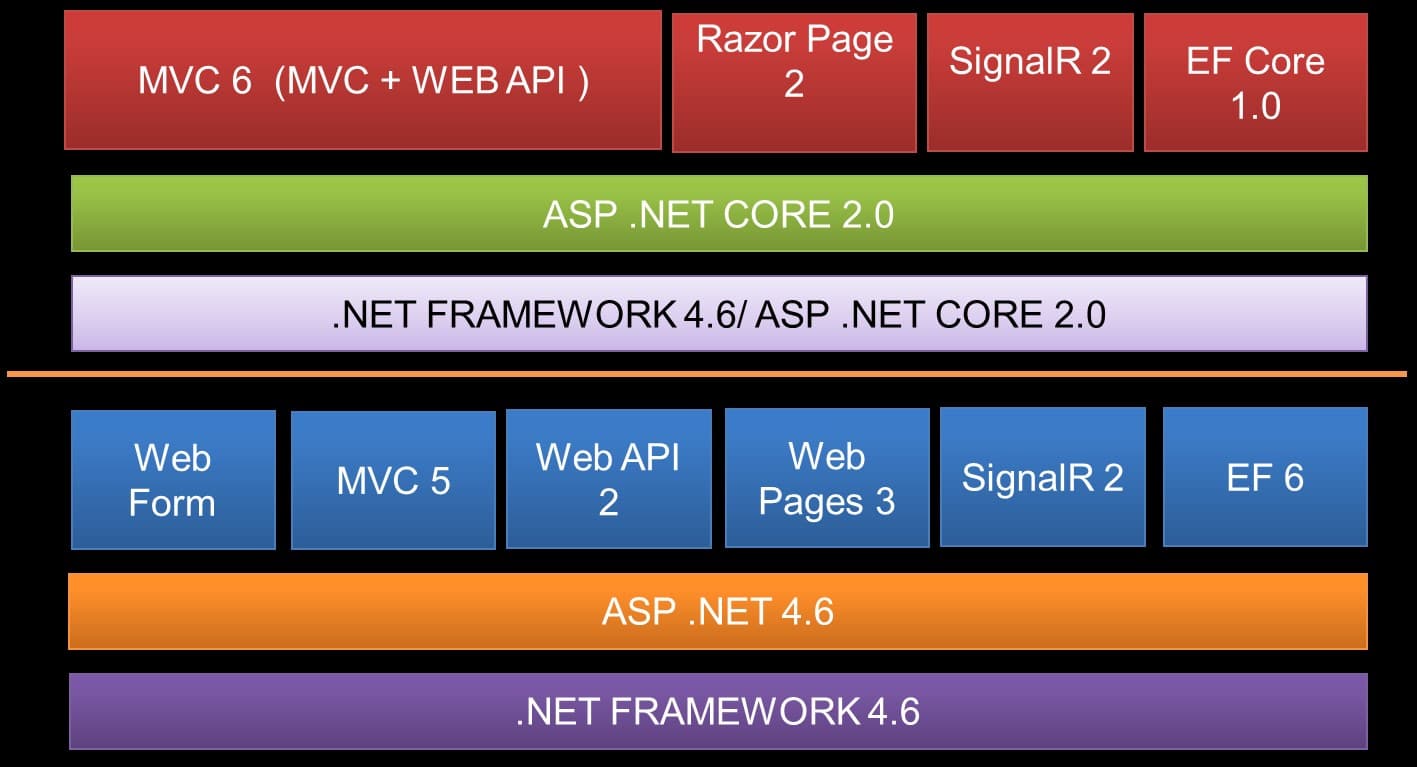

This is a relatively common occurrence: typical hash functions used with hash tables are designed to be fast, and to give a fixed output. Where things fall down is if two different keys hash to the same bucket. Even better, deleting and retrieving a value are also O(1). If so, it doesn't matter how many values you store, it always takes the same amount of time to store a value. Ideally a hash function distributes the keys among the buckets evenly, such that each bucket has at most 1 value stored in it. In the best case, inserting a value into a hash table is an O(1) operation, i.e. When you want to insert a value in a hash table you use a hash function to calculate which bucket the key corresponds to, and store the key-value pair in there. The hash table itself consists of many buckets. Hash tables are a data structure that allow you to store a value using a key. Hopefully this description of the vulnerability makes sense either way. Hash tables and hash floodingĭisclaimer: I don't have a Computer Science degree, so I may well be a bit fast and loose with the correct terminology here. It definitely went over my head in places, but I'll try and explain the crux of it here. If you're interested in the details, I strongly recommend checking out the video of the talk which I was impressed to find on You Tube. This piqued my interest - what were these DoS attacks, and how do they play into GetHashCode()?Īs far as I can see, this harks back to a talk given at the end of 2011 at the 28th Chaos Communication Congress (28C3), in which a whole range of languages were shown to be susceptible to a technique known as "hash flooding". NET Core utilize randomized string hashing?Ī: Security, prevention against DoS attacks, etc. The answer to this question was touched on by Stephen Toub in a comment on an issue I discovered while reading around my problem: But why? Why is randomizing GetHashCode() a good thing? Once I'd figured out that randomized hashing was my concern, I naturally checked to see if it could be disabled.

NET Framework 4.5 (but don't quote me on that!). I believe the randomized hashing feature was introduced in. The Marvin algorithm it uses is actually patented, but if you're interested you can see a C# version here (it's part of the Core CLR implementation).
.net core versions and features code#
The call to InternalMarvin32HashString calls into native code to do the randomized hashing. Take this very simple program that calls GetHashCode() on a string twice in succession using System static class Program The easiest way to understand the behaviour I'm describing is to see it in action. Just remember it's not safe to use in any situations vulnerable to hash-based attacks! The behaviour: GetHashCode() generates a different random value for every program execution in. Tl dr I strongly suggest reading the whole post, but if you're just here for the deterministic GetHashCode(), then see below. Finally, if you need to ensure GetHashCode() gives the same value every time you run your program (spoiler: generally you don't), then I provide an alternative implementation you can use in place of the built-in GetHashCode(). I then look at why that's the case and why it's a good thing in general. NET Core GetHashCode() implementation differs from. In this post I show the problem in action, and how the. In this post I describe a characteristic about GetHashCode() that was new to me until I was bitten by it recently - that calling GetHashCode() on a string gives a different value each time you run the program in. Check out the home page for up to 50 C# blog posts in December 2018! This post is part of the second annual C# Advent.


 0 kommentar(er)
0 kommentar(er)
